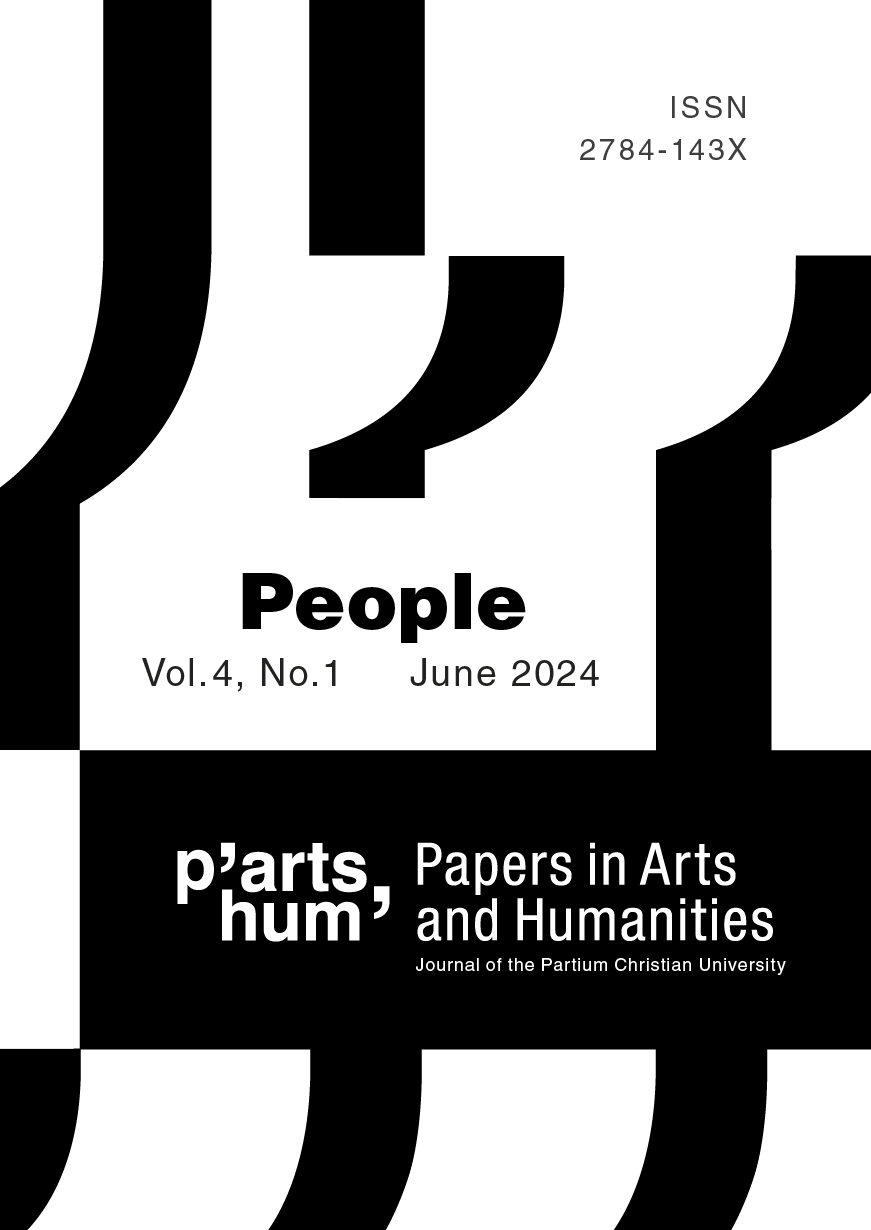The Attention of the People: Mein Kampf and Thurber’s Owl
The Attention of the People: Mein Kampf and Thurber’s Owl
Author(s): György FogarasiSubject(s): Rhetoric
Published by: Partiumi Keresztény Egyetem
Keywords: attention; propaganda; concentration; prosopopoeia; materiality;
Summary/Abstract: During the spring of 1939, a new and complete English translation of Mein Kampf was issued, which induced Kenneth Burke to publish his genuinely rhetorical analysis of Hitler’s writing shortly after that. The same spring also saw the publication of one of James Thurber’s fables, “The Owl Who Was God.” Coincidental as this constellation may be, the present paper ventures to critically juxtapose the Hitlerian recipe for war propaganda and the satirical Thurberian treatment of totalitarianism. The argument is organized around two notions: concentration and prosopopoeia. While Mein Kampf aims at concentrating the attention of the people on a single enemy, to be expelled by a single Führer, Thurber’s fable demonstrates, on multiple levels, the ways in which such a concentration is inscribed in the figural workings of prosopopoeia, understood here as a trope not simply of personification but of figuration in general, as well as a trope of spectrality. Since, however, the fable does not lend itself to easy instrumentalization for didactic or satirical purposes, it also showcases a certain resistance, which may, in turn, also help us think about the materiality of literature.
Journal: P’Arts’Hum
- Issue Year: 4/2024
- Issue No: 1
- Page Range: 16-36
- Page Count: 21
- Language: English

